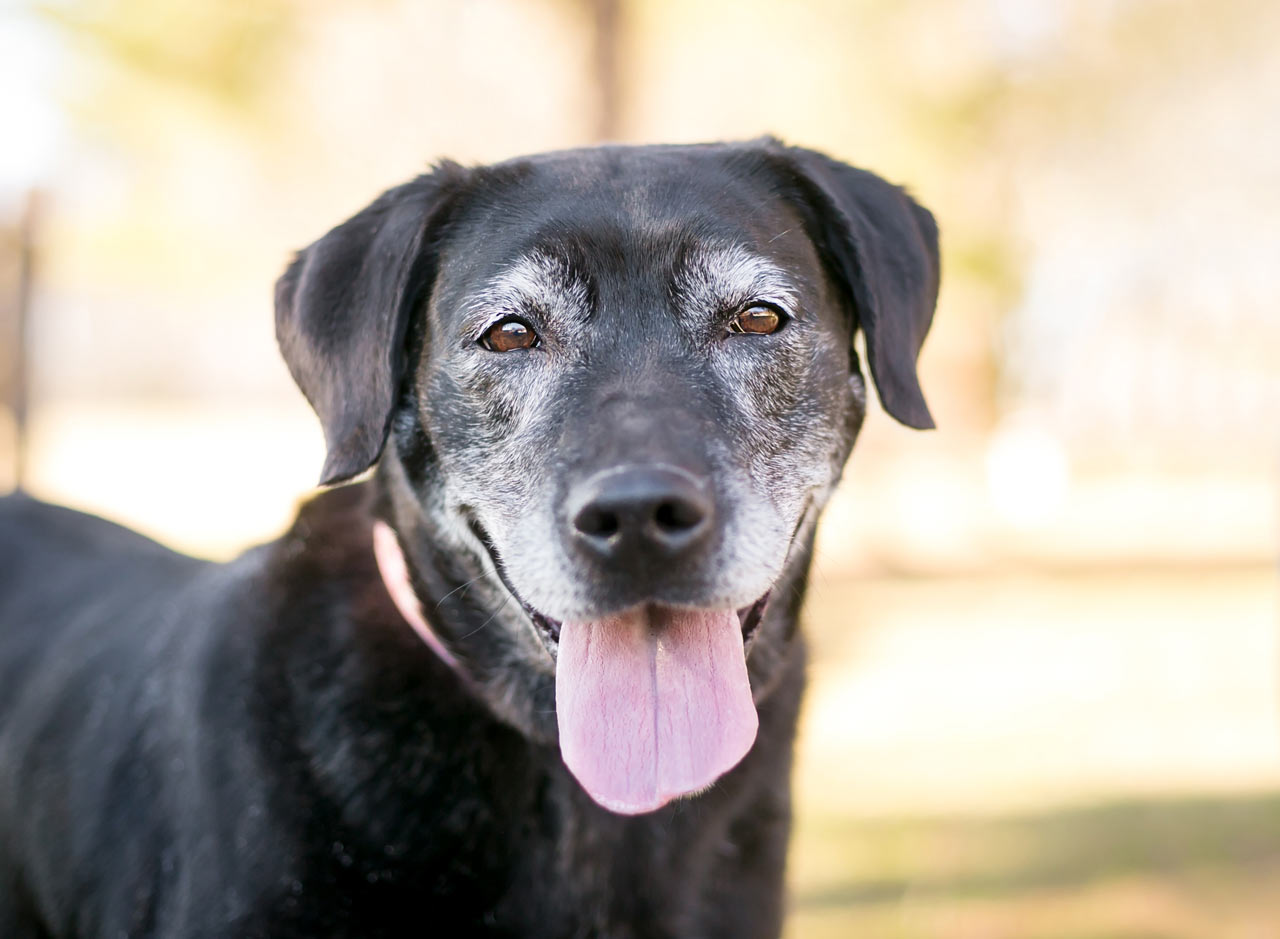Subtle Signs of Aging in Dogs: Senior Dog Care Guide

From slower walks to increased thirst, dogs often show quiet signs of aging long before pet parents notice. Learn what to watch for — and how small lifestyle changes can keep your senior dog comfortable and active.
When Do Dogs Become Seniors?
Dogs are masters at hiding discomfort. Many pet parents are surprised to learn that their cheerful, playful pup is already experiencing age-related changes. On average, dogs are considered seniors around age seven, though giant breeds (like Great Danes) may show signs as early as five, while small breeds may not show them until nine or ten.
Understanding the subtle signs of aging helps you support your dog early — before small changes become big health issues.
Subtle Signs of Aging in Dogs
1. Slower Movement
- Hesitation on stairs, stiffness after naps, or reluctance to jump can signal arthritis or joint pain.
- Dogs may still want to play but recover more slowly after activity.
2. Changes in Appetite or Thirst
- Increased thirst may indicate kidney disease, diabetes, or Cushing's disease.
- Reduced appetite could suggest dental pain, gastrointestinal problems, or metabolic disease.
- Caring for Your Senior Dog includes more on nutrition and appetite changes.
3. Behavior Shifts
- Anxiety, confusion, restlessness, or nighttime wandering may point to cognitive decline (“doggy dementia”).
- Learn more about behavior changes in senior dogs and cognitive dysfunction in dogs.
4. Weight Fluctuations
- Unexpected weight gain can be linked to reduced metabolism, thyroid disease, or Cushing's.
- Sudden weight loss may indicate cancer, diabetes, or kidney disease.
- See Is This Normal Aging or a Problem with My Dog?.
5. Dental Changes
- Bad breath, difficulty chewing, or dropping food often signal dental disease.
- Untreated dental infections can spread to the heart, liver, and kidneys.
- Learn more: Home Dental Care for Dogs.
6. Sleep Pattern Changes
- More daytime napping or nighttime restlessness can suggest discomfort, pain, or cognitive changes.
- See My Older Dog Sleeps a Lot — Is He OK?
7. Vision and Hearing Loss
- Bumping into objects, ignoring commands, or startle responses may point to fading senses.
- Simple adjustments — like leaving lights on at night — can help.
8. Coat & Skin Changes
- Graying fur, dryness, lumps, or delayed wound healing are common with aging.
- Regular at-home checks help you catch new lumps early.
9. Shorter Patience or Social Shifts
- Some senior dogs grow less tolerant of other pets or children.
- Others may seek solitude or become clingier than before.
- Learn about socializing older dogs.
Helping Your Senior Dog Thrive
Veterinary Care
- Checkups every 6 months: Seniors age faster, so more frequent exams help catch problems early.
- Bloodwork, urinalysis, dental checks, and sometimes X-rays or ultrasounds help detect hidden issues.
- Advanced screening tools: Some clinics now offer senior wellness panels and early cancer detection tests.
Comfort at Home
- Orthopedic beds reduce pressure on sore joints.
- Ramps or stairs make it easier to access cars, couches, or beds.
- Elevated bowls may ease neck and back strain.
- In cold weather, sweaters or heated pads can make a big difference. See Sweaters for Dogs.
Exercise Adjustments
- Seniors still need activity — but shorter, more frequent walks are gentler on joints.
- Swimming or underwater treadmill therapy (hydrotherapy) offers low-impact exercise.
Nutrition & Supplements
- Ask your vet about diets designed for senior dogs — with adjusted calories, protein, and antioxidants.
- Omega-3 fatty acids may support joint and brain health.
- Joint supplements (glucosamine, chondroitin, green-lipped mussel) may ease stiffness.
 Always consult your veterinarian before starting supplements, as dosing and safety vary.
Always consult your veterinarian before starting supplements, as dosing and safety vary.
Advanced Insights for Senior Dog Care
- Cognitive Support: Prescription diets, supplements (SAMe, medium-chain triglycerides), and medications can slow cognitive decline.
 These must be prescribed or recommended by your veterinarian to ensure safety, proper dosing, and effectiveness for your individual dog.
These must be prescribed or recommended by your veterinarian to ensure safety, proper dosing, and effectiveness for your individual dog. - Technology Tools: Pet cameras, GPS trackers, and smart feeders help monitor senior dogs' activity and safety.
- Quality of Life Scales: Veterinarians use tools like the “HHHHHMM Scale” (Hurt, Hunger, Hydration, Hygiene, Happiness, Mobility, More good days than bad) to assess comfort.
- Longevity Research: Studies show that maintaining a healthy weight is one of the single most important factors for extending a dog's life. Learn more: 10 Ways You Could Be Shortening Your Dog's Life.
- Curious about age? Read The Truth About Dog-to-Human Age Conversion.
The Gift of Time
Aging is natural, but it doesn't mean the joy of companionship has to fade. With love, proactive care, and a watchful eye, your senior dog can enjoy many more happy, comfortable years by your side.
Helpful Resources
- Caring for Your Senior Dog
- Behavior Changes in Senior Dogs
- Cognitive Dysfunction in Dogs
- Is This Normal Aging or a Problem with My Dog?
- My Older Dog Sleeps a Lot — Is He OK?
- Sweaters for Dogs
- Old Dog, New Tricks: How to Socialize an Older Dog
- The Truth About Dog-to-Human Age Conversion
- 10 Ways You Could Be Shortening Your Dog's Life
Disclaimer: This website is not intended to replace professional consultation, diagnosis, or treatment by a licensed veterinarian. If you require any veterinary related advice, contact your veterinarian promptly. Information at DogHealth.com is exclusively of a general reference nature. Do not disregard veterinary advice or delay treatment as a result of accessing information at this site. Just Answer is an external service not affiliated with DogHealth.com.
Notice: Ask-a-Vet is an affiliated service for those who wish to speak with a veterinary professional about their pet's specific condition. Initially, a bot will ask questions to determine the general nature of your concern. Then, you will be transferred to a human. There is a charge for the service if you choose to connect to a veterinarian. Ask-a-Vet is not manned by the staff or owners of DogHealth.com, and the advice given should not delay or replace a visit to your veterinarian.



